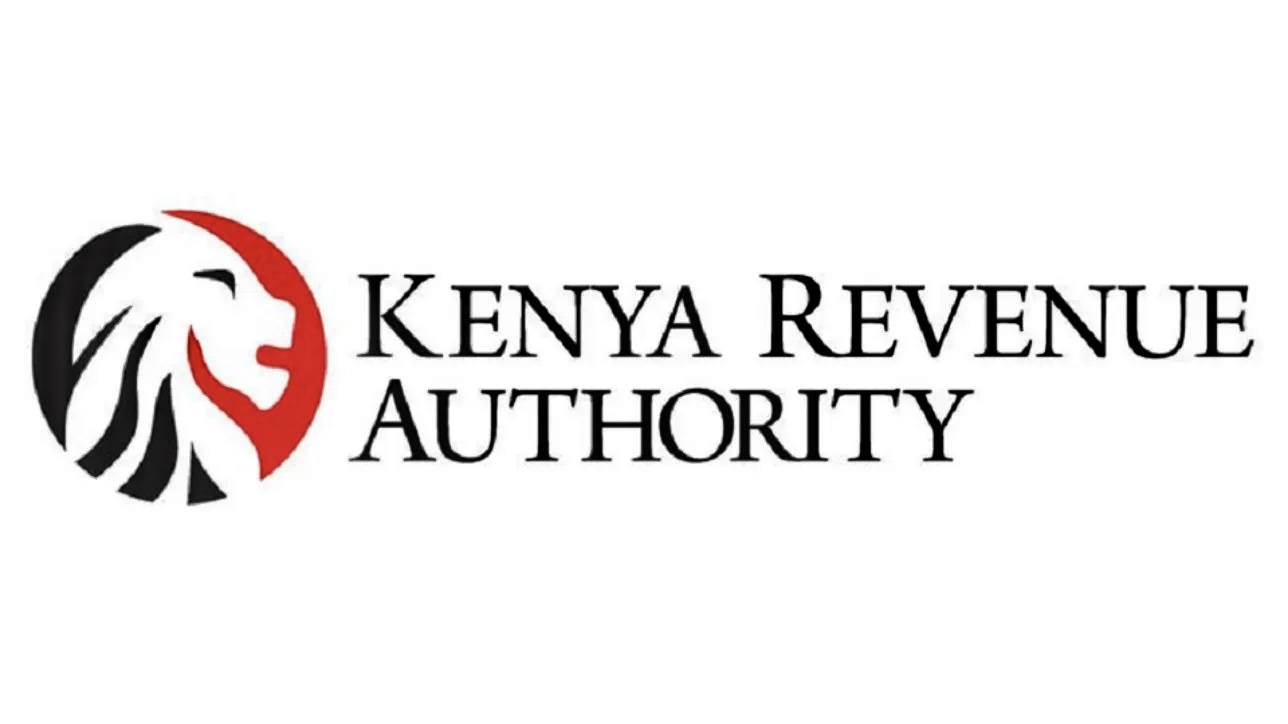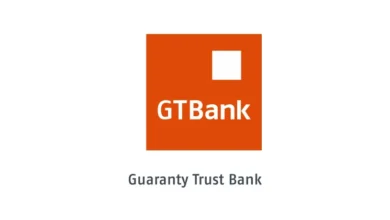
In a bid to keep the betting industry in check, the government has introduced stringent measures that mandate betting companies to remit taxes to the state on a daily basis before 1am. To facilitate this, the Kenya Revenue Authority (KRA) has integrated its tax system with the betting sector’s platforms.
This allows for real-time computation of taxes including the 15% tax on betting, gaming, and lottery and the 20% withholding tax on winnings paid out to customers. According to Treasury Principal Secretary Chris Kiptoo, this integration is a key aspect of the revenue administration’s ongoing reforms.
Treasury has set a target to generate KES 15 billion from the betting sector in the current year. As a result, KRA aims to collect KES 41.1 million from betting firms on a daily basis.
Before, taxes were paid after 30 days, but now, betting companies are required to pay taxes every day by 1am, when many people stop betting. This is part of KRA’s new strategy to increase tax compliance and collect more revenue from the betting industry.
After a successful pilot with some betting firms, KRA has requested that seven other firms also connect their systems. Those that fail to comply with this request have been warned that they may face shutdown.
As per KRA data, the authority collected less money from taxes on winnings from bets than it did the previous year. The amount it collected this year is KES 5.67 billion and the previous year it was KES 7.09 billion. This drop can be attributed to either a reduction in winnings or a decline in the number of bets placed.
In addition to this, the government has also reintroduced a 7.5 percent tax on every betting stake, meaning for every KES 100 staked, the KRA collects KES 7.5. According to the data from the KRA, tax on gross gaming revenue rose 13 percent to KES 3.294 billion in the year ended June from KES 2.907 billion a year earlier.
In the 2019/20 Financial Year, before stricter regulations were put in place, KRA collected KES 9.3 billion in taxes from betting activities.
According to Safaricom, in the year ended March, KES 169 billion was transferred through M-Pesa for betting, which is equivalent to KES 469 million per day. This highlights the extent of the betting habit that prompted strict regulation and increased taxation.
KRA is also in the process of migrating traders to a new electronic register that captures and sends all transactions, including invoices, to KRA in real-time as part of their strategy to prevent tax cheating.
The Authority surpassed its target for the 2021/22 Financial Year, but is under pressure from the new administration led by President William Ruto to improve its collections in the current and future fiscal calendars.





